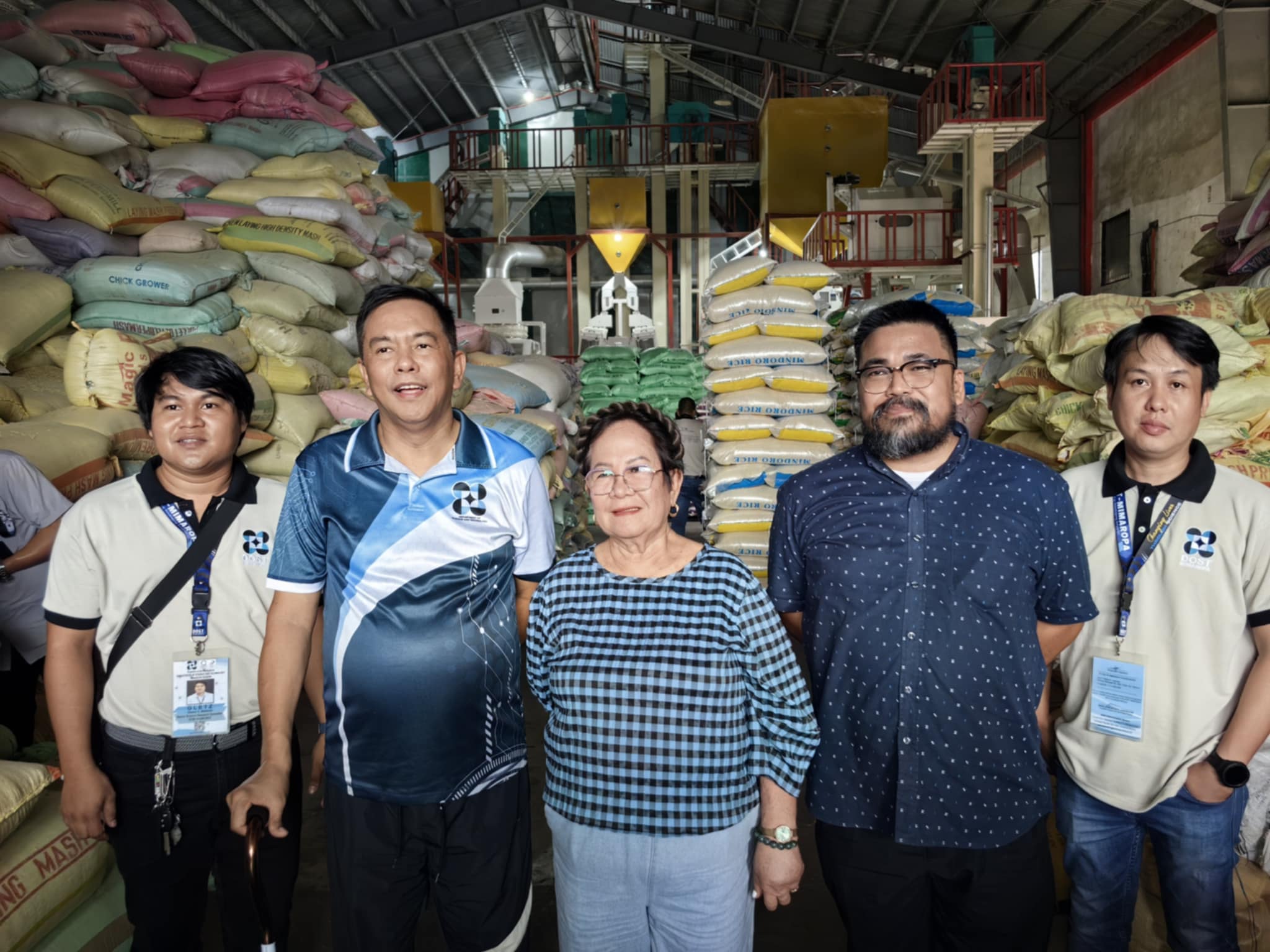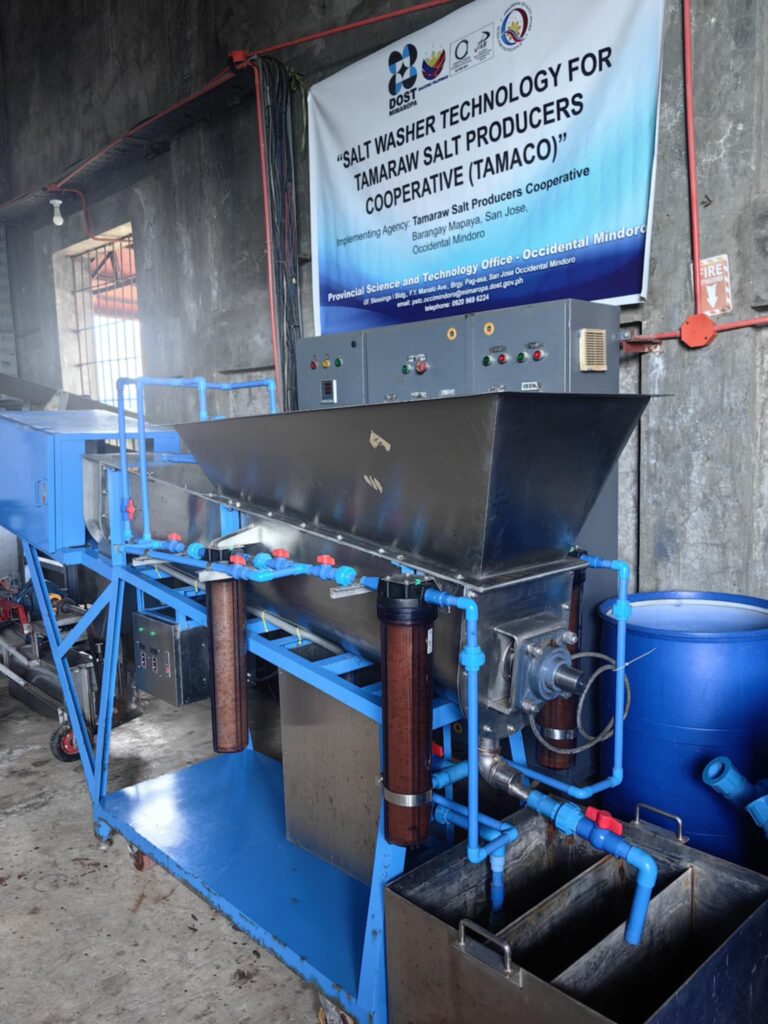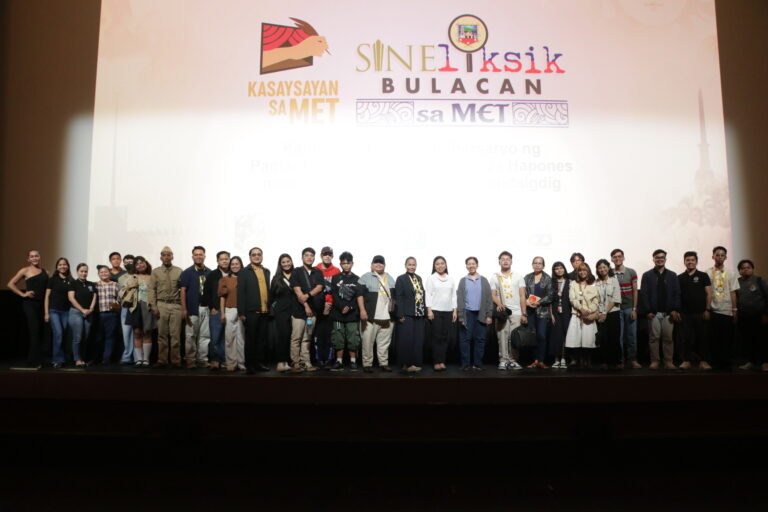
In a bid to revitalize the onion industry and uplift the livelihood of farmers in Magsaysay, Occidental Mindoro, the Department of Science and Technology (DOST) is spearheading a series of interconnected science and technology-based interventions aimed at strengthening the entire agricultural value chain—from production and processing to market access.


Local farmers have long grappled with challenges such as market saturation, surges in imported onions, and the lack of sufficient post-harvest infrastructure—factors that have led to significant financial losses, especially during peak harvest seasons. To address these persistent issues, DOST, through its regional office in MIMAROPA and affiliated programs, is rolling out targeted solutions that promote farm productivity, reduce post-harvest losses, and empower farmers with market opportunities.
One of the core technologies introduced is the Smart Drip Irrigation System, implemented in Magsaysay under the Smart and Sustainable Communities Program. This system enables efficient water use, minimizes waste, and boosts crop yields—key components for climate-resilient agriculture. To complement this, DOST has redeployed essential post-harvest equipment through its Small Enterprise Technology Upgrading Program (SETUP), including a cabinet dryer and stainless steel tables, now installed at the Occidental Mindoro State College (OMSC) – College of Agriculture’s Food Processing Center in Murtha Campus.

In line with the growing emphasis on value-added production, the facility is being expanded with a dedicated Onion Processing Facility, funded by the Department of Agriculture (DA) through a ₱10 million grant. The upgraded facility will house advanced equipment such as a freeze dryer and water retort, further enhancing OMSC’s capability to support both education and local agribusiness development.
To help farmers maximize these resources, DOST-MIMAROPA, through its Provincial Science and Technology Office (PSTO), has conducted training programs on low-cost post-harvest techniques using locally available materials. Farmers learned practical methods such as sun-drying, blending, and heat application. Among the most innovative outputs is onion-based ice cream—a product of local creativity that illustrates the potential of crop diversification and processed goods to open new income streams and extend product shelf life.

Bridging the gap between innovation and commercialization, DOST has partnered with Lazada Philippines to help micro, small, and medium enterprises (MSMEs) and farmer cooperatives reach broader online markets. This strategic collaboration expands the reach of locally developed products and provides much-needed visibility in the digital economy.
Moreover, DOST continues to work alongside the Philippine Chamber of Commerce and Industry (PCCI) and other stakeholders to promote inclusive supply chains and scalable agri-technologies that benefit not only farmers but also local enterprises and consumers. These initiatives reflect DOST’s broader mission of transforming rural economies through inclusive innovation. By investing in R&D, enabling technology transfer, and fostering strategic partnerships, the agency is building a resilient onion ecosystem in Occidental Mindoro—one that sets a model for sustainable agricultural development nationwide. (Nelson Santos)





